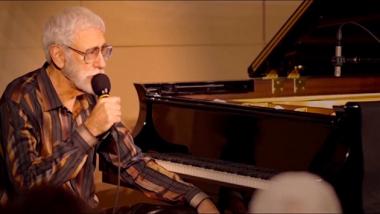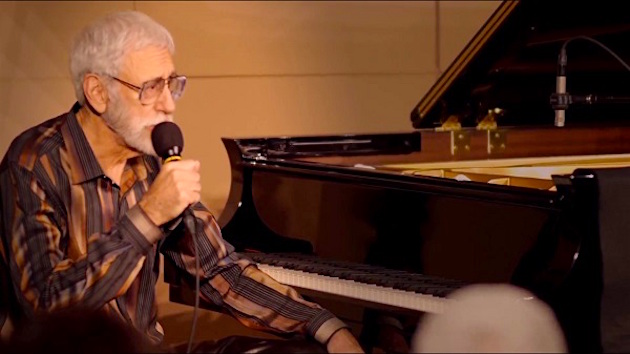
Billy Strayhorn doesn’t belong in jazz’s overpopulated pantheon of underappreciated genius. Before his death in 1967 at the age of 51, the pianist, arranger and nonpareil composer earned universal esteem amongst his peers and a good deal of renown as Duke Ellington’s essential creative partner. As an openly gay man in pre-Stonewall America, he seemed comfortable (or maybe resigned) to working in Ellington’s commodious shadow, though Duke rarely failed to credit Strayhorn for his prolific contributions to the orchestra’s ever-evolving repertoire.
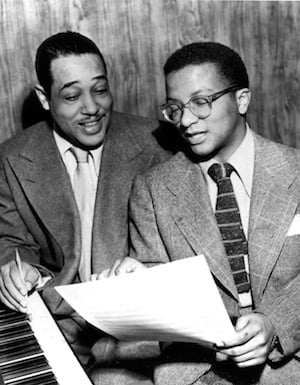
Recent scholarship has gone a long way in teasing out the oft-tangled skein of their collaboration, revealing a much more complicated picture than the once widespread notion that they wrote together in some kind of mind meld. But there’s no denying that within weeks of first meeting Ellington in 1938, Strayhorn (affectionately known by friends as Strays or Swee’ Pea) forged a singularly intimate communion with the maestro, who famously eulogized him as “my right arm, my left arm, all the eyes in the back of my head, my brain waves in his head, and his in mine.”
Given the welcome surge of attention his music has received in recent decades, a wave that gained considerable momentum with tenor saxophonist Joe Henderson’s Grammy Award winning 1992 album Lush Life: The Music of Billy Strayhorn (Verve), Bay Area pianist Denny Zeitlin didn’t need to make a case for the importance of Strayhorn’s oeuvre. But his often-mesmerizing solo recital at Oakland’s Piedmont Piano last Friday made a powerful case for the value in diving headlong into Strayhorn’s voluptuous book.
He opened the concert with a rollicking rendition of “The Intimacy of the Blues,” a picaresque journey that paused to ruminate on particularly fragrant phrases before tumbling forward, driven by the steady propulsion of Zeitlin’s left hand. Strayhorn wrote some of jazz’s most persuasively swinging compositions, and Zeitlin tackled several of them, including a fractally deconstructed “Johnny Come Lately” and a briskly ebullient “Raincheck,” while skipping others (like the Ellington Orchestra theme “Take the ‘A’ Train,” “Just A-Settin' and A-Rockin'” and “Midriff”).
But in Zeitlin’s hands it was the rapturous, bittersweet ballads that lifted the concert from the superb to the sublime. Many of Strayhorn greatest pieces capture a rare species American saudade, a rueful sense of romantic loss and existential angst perfected in his best-known piece “Lush Life.” Zeitlin wisely eschewed that obvious choice in favor of the less frequently interpreted gems “The Star-Crossed Lovers” and “A Flower Is a Lovesome Thing,” a song that master balladeer Ed Reed has kept in circulation in the Bay Area in recent years.
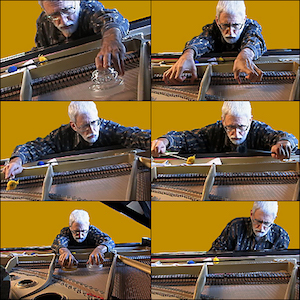
Zeitlin rendered the former, a piece from the Shakespeare-inspired suite Such Sweet Thunder, with tenderness, caressing the shapely melody and letting his notes hang in the air. On the latter, he strummed the strings with his left hand, and placed a glass object around middle C, creating a harpsichord like cadence so that the bloom seemed more exotic hothouse orchid than American Beauty rose.
The set’s emotional high point was Zeitlin’s aching rendition of “Lotus Blossom,” another exquisite ballad. Often offering incisive commentary on Strayhorn’s life and music before a piece, Zeitlin related that Ellington played “Lotus Blossom” at the conclusion of the recording session for his classic 1969 tribute to his departed musical partner …And His Mother Called Him Bill (RCA), an impromptu solo version in which the orchestra can he heard packing up in the background. Ellington closed the album with the track (an emotional epiphany lost on the maladroit CD reissue), and Zeitlin found the bottomless vein of love and sorrow in the delicate but insistent waltz.
At 79, Zeitlin is one of jazz’s true eminences grise, an intrepid improviser, bandleader, and composer who’s been at the forefront of the scene for more than five decades. His career encompasses a series of classic trio sessions on Columbia (after being signed by storied producer John Hammond), and a long phase as a pioneering electronic musician that culminated in his supremely unsettling soundtrack for Philip Kaufman’s 1978 film Invasion of the Body Snatchers.
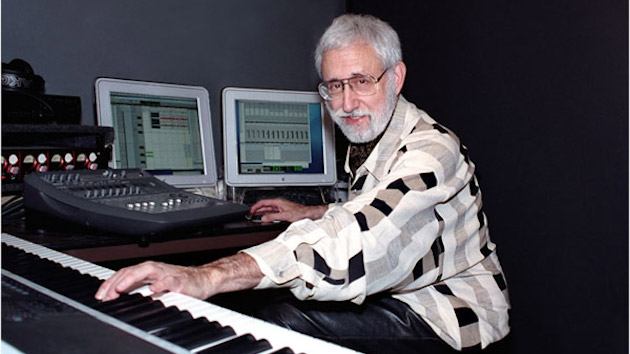
Turning his back on film work, he returned to acoustic music and spent the next three decades recording critically hailed duos (with bassists Charlie Haden and Dave Friesen) and trios. With no signs of slowing down in late career, Zeitlin is once again experimenting with electronic soundscapes, and his latest album, Expedition (Sunnyside), continues his duo electro-acoustic improvisational sojourns with drummer/percussionist George Marsh.
One of jazz’s foremost pianistic explorers in solo settings, where he’s at his most unfettered, Zeitlin has been performing annual thematic concerts at Piedmont Piano in 2014. Kicking the recitals off with a bang he started with an evening dedicated to early compositions by Wayne Shorter, a set documented on the brilliant album Early Wayne (Sunnyside). In 2015, he investigated the music of Thelonious Monk, and last year he delved into tunes associated with Miles Davis.
I’d love to hear Zeitlin tackle the music of some of his contemporaries, say Bobby Hutcherson or Joe Henderson, but it’s hard to imagine a more apt pairing than this year’s concert. He closed the evening with “U.M.M.G.,” a snappy, swinging number that provided a point of connection between composer and interpreter. Named for the medical practice of Ellington’s personal physician (Upper Manhattan Medical Group), the piece provided a slippery playground for Zeitlin, who’s remarkable dual career also encompasses some five decades as a professor of clinical psychiatry at UC San Francisco.

